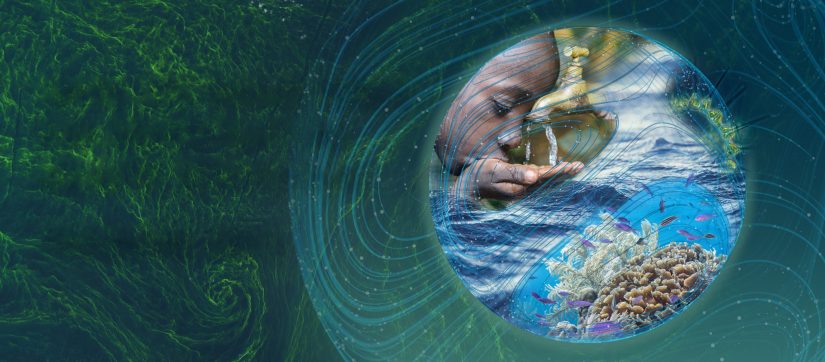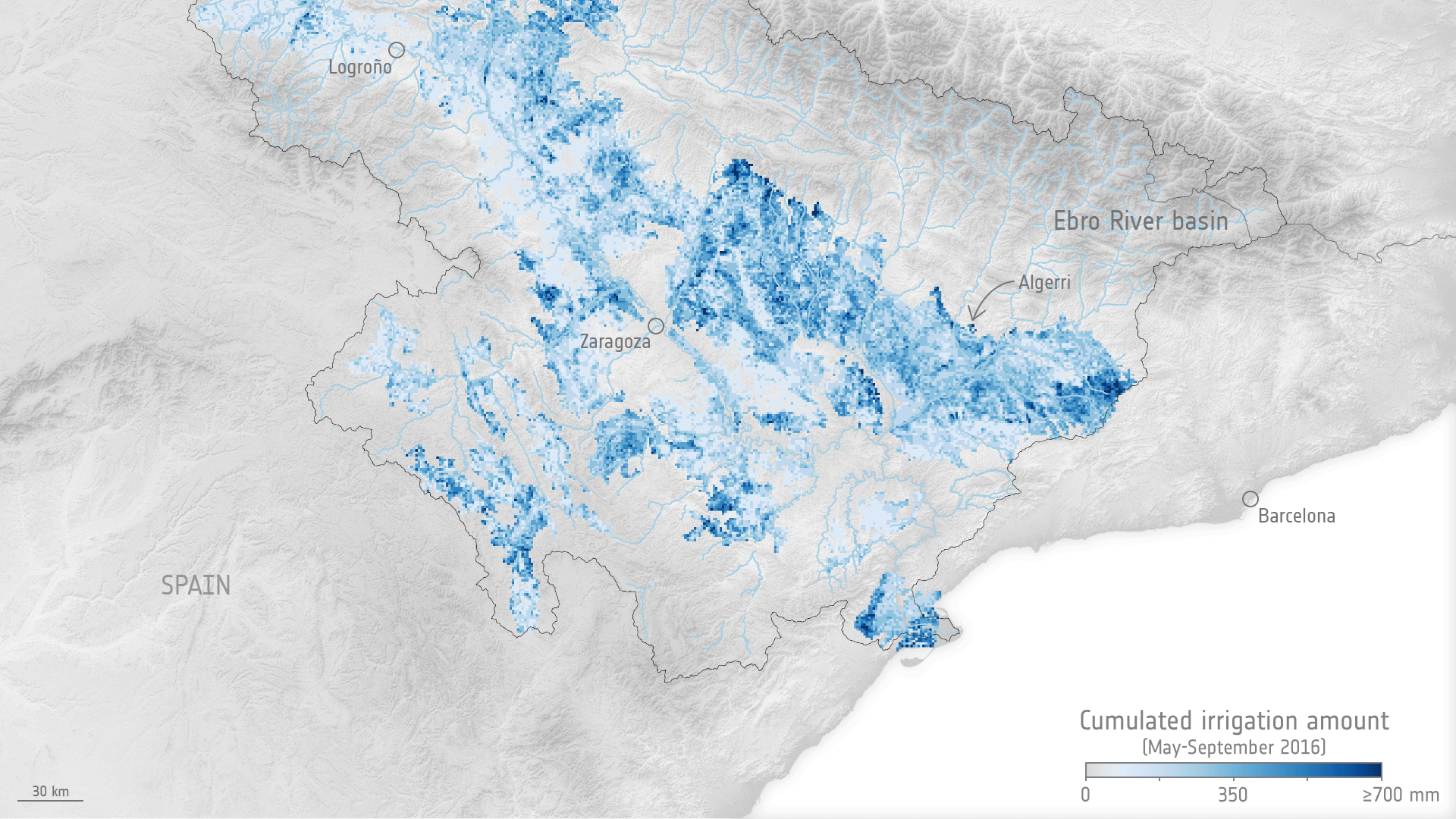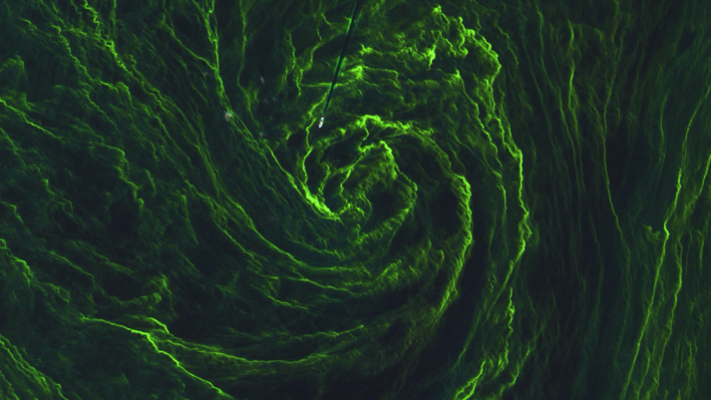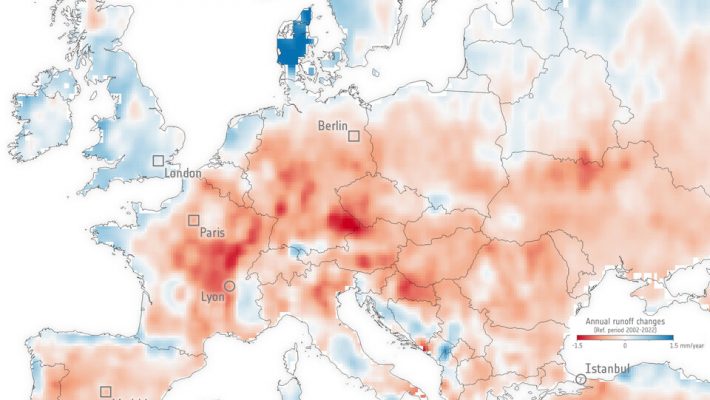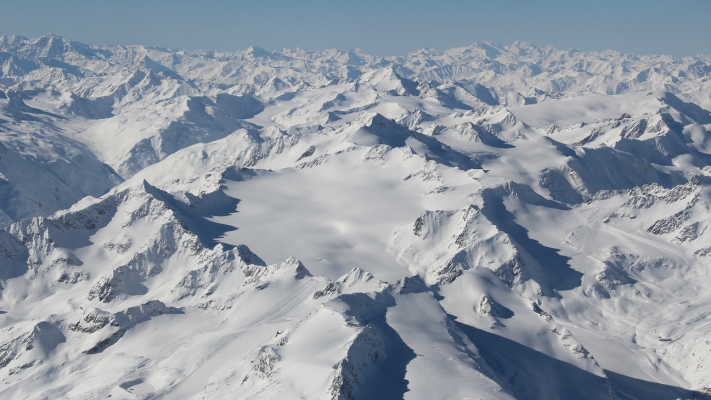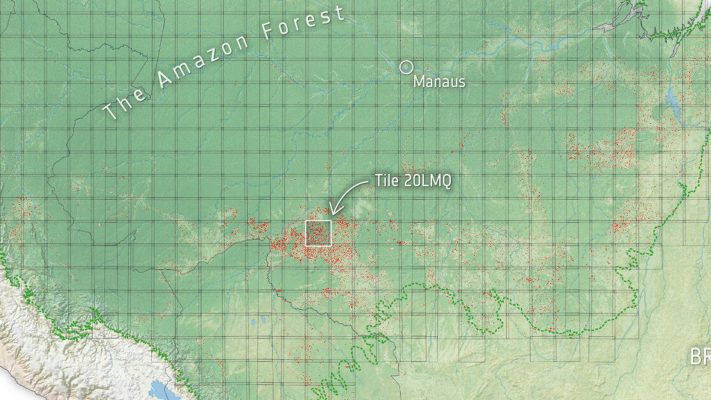The Network of Resources has a new face
The ESA Network of Resources, or NoR, is the ever-evolving initiative that provides Research, Precommercial and Commercial users with a unique environment to discover a list of European cloud services hosting Earth Observation data. Kicked off in late 2017 as the Network of EO Platforms with the goal to bring users to the data, today, …


